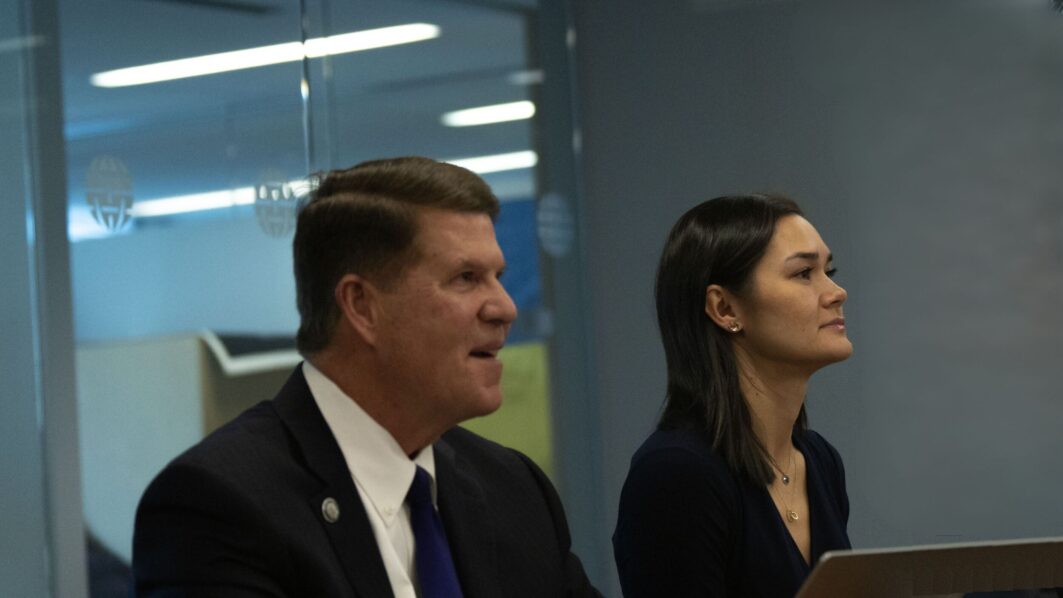Senior Leadership Team
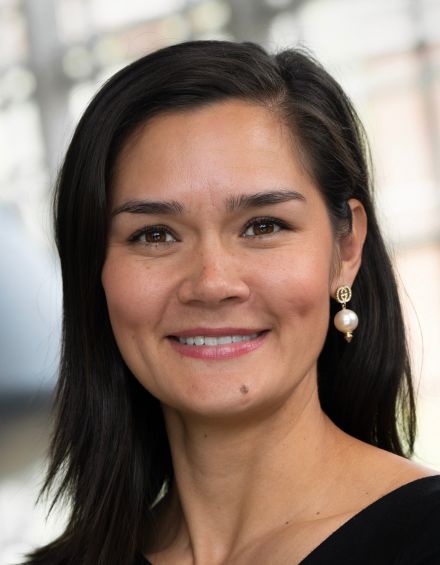
Michelle S. Giuda
CEO, Krach Institute for Tech Diplomacy at Purdue
Former Assistant Secretary of State for Global Public Affairs
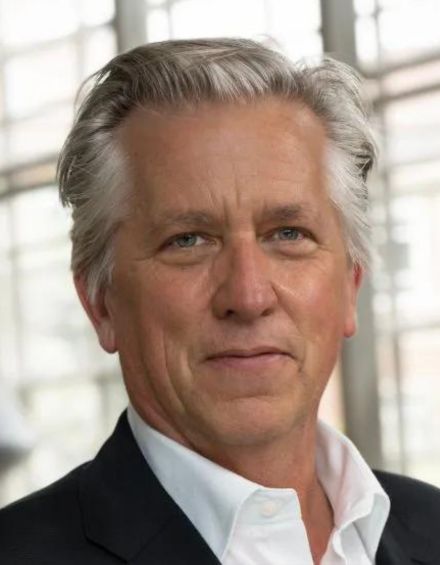
Marc Carlson
Chief Revenue Officer
Board of Directors
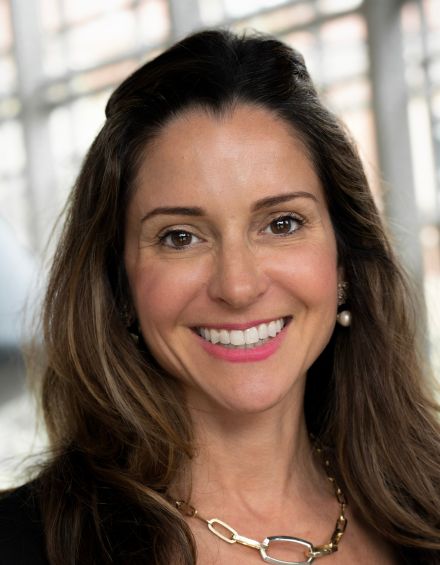
Janice deGarmo
Chief Operating Officer
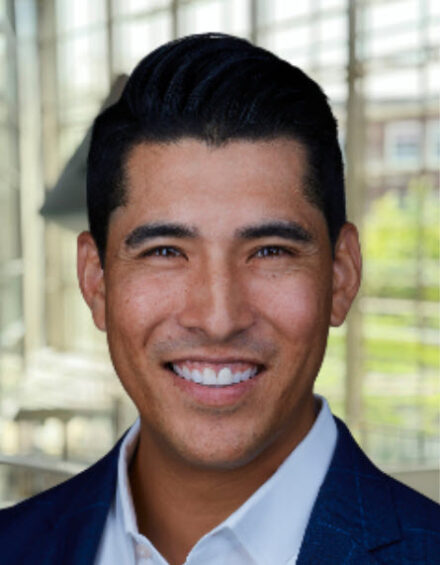
Hiro Rodriguez
Chief Business Officer
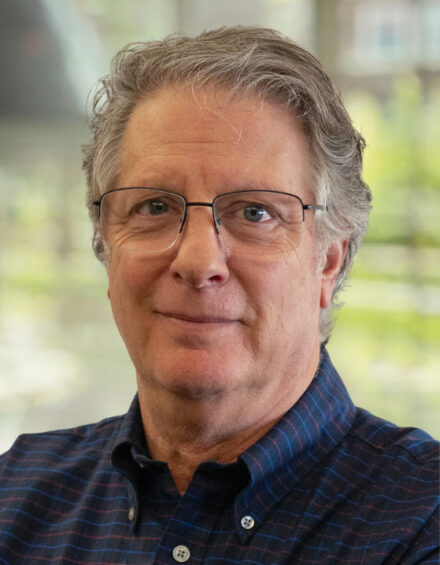
Lee Rubenstein
Chief Training and Education Officer
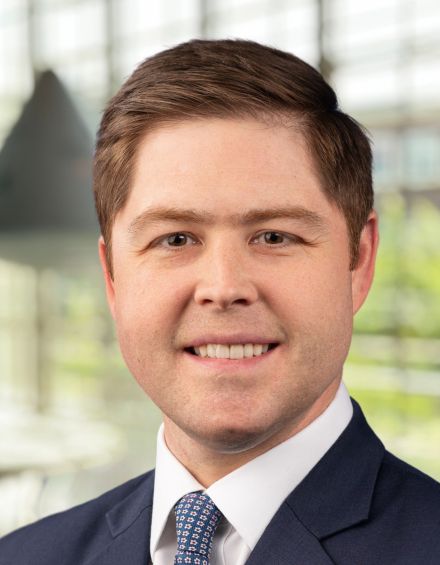
Brad McKinney
VP of Strategic Initiatives
Board of Directors
The Krach Institute’s board of directors are seasoned leaders in education, business, government and statecraft who provide high-level strategic planning and oversight for the Institute.
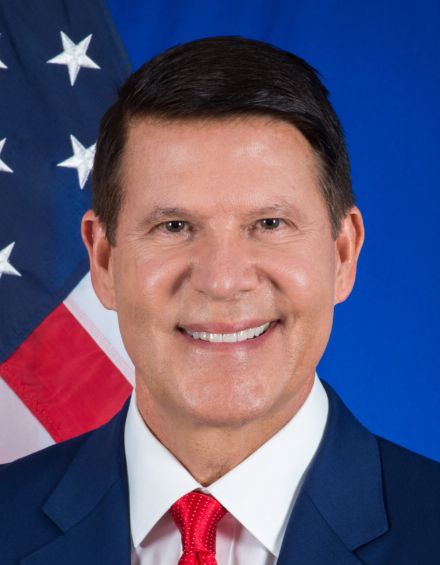
The Hon. Keith Krach
Chairman, Krach Institute for Tech Diplomacy at Purdue
Former U.S. Under Secretary of State; Former Chairman and CEO of DocuSign and Ariba; Former Chairman of Purdue Board of Trustees
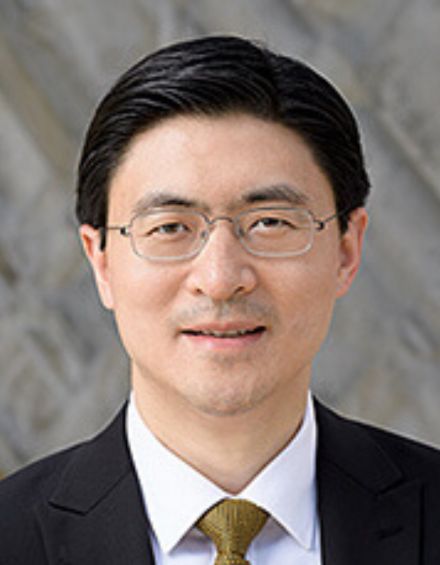
Mung Chiang
Co-Founder Krach Institute for Tech Diplomacy at Purdue
President Purdue University
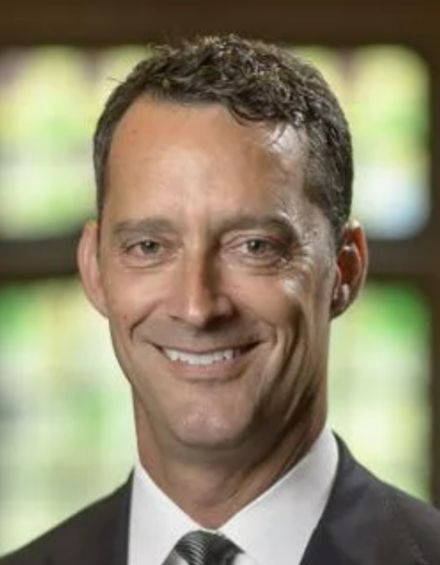
Michael Berghoff
Board of Directors; Advisory Council member; Chairman of Board of Trustees, Purdue University
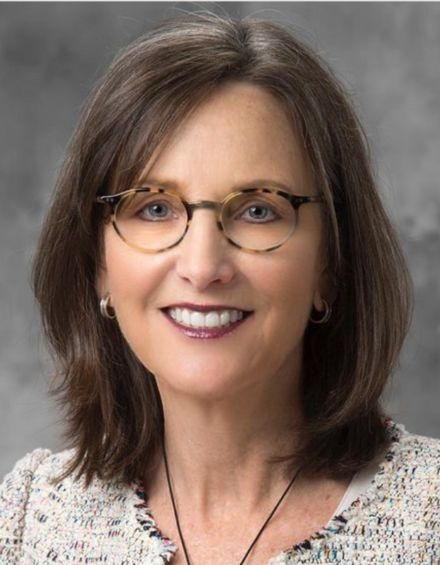
JoAnn Brouillette
Board of Directors; Advisory Council member; Board of Trustees, Purdue University

Marc Carlson
Chief Revenue Officer
Board of Directors
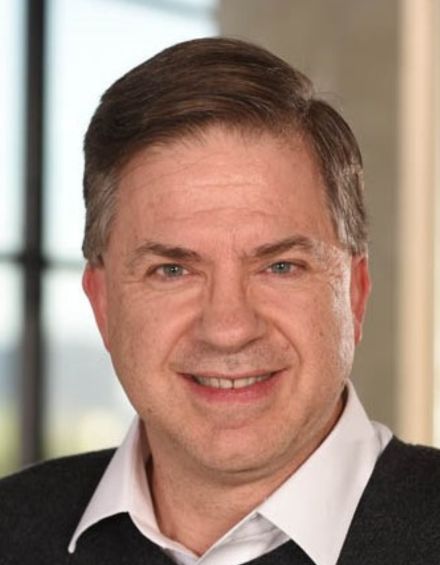
The Hon. Todd Chapman
Board of Directors and Advisory Council Member
Former U.S. Ambassador to Brazil and Ecuador, GTSC Commissioner for Diplomacy
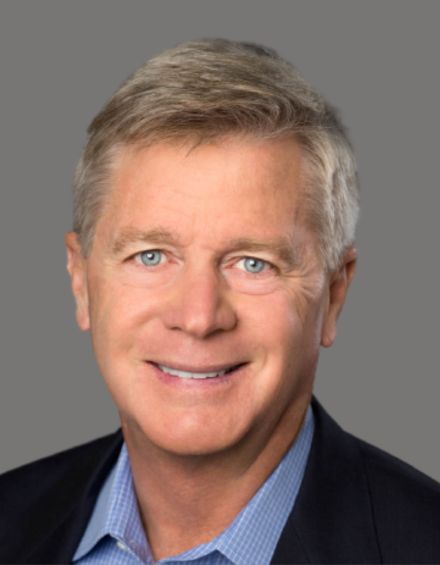
William Elmore
Board of Directors
Co-Founder and General Partner of Foundation Capital
Fellows
Krach Institute fellows are distinguished experts in technology, government, industry, and diplomacy. Their research and commentary contribute to the development of the Institute’s Tech Diplomacy strategies.
Senior Research Fellows
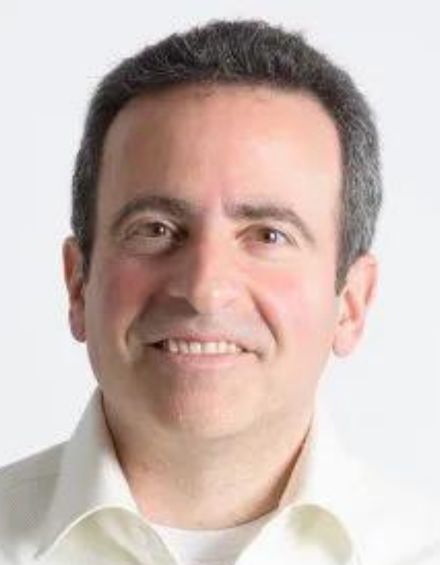
Dr. Dan DeLaurentis
Senior Research Fellow
Professor of Aeronautics and Astronautics, Purdue University and Chief Scientist, Department of Defense Systems Engineering Research Center (SERC)
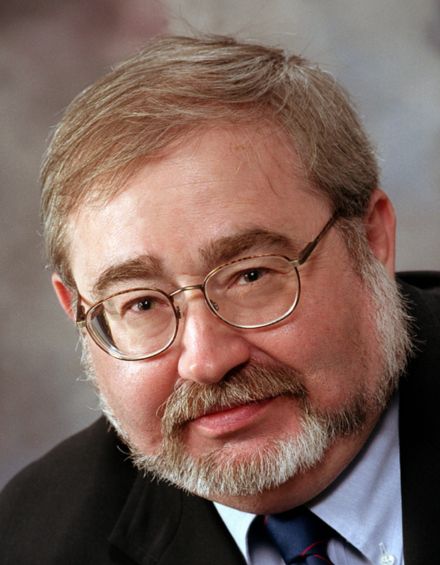
Dr. Ed Delp
Senior Research Fellow
Charles William Harrison Distinguished Professor of Electrical and Computer Engineering and Professor of Biomedical Engineering, Purdue University
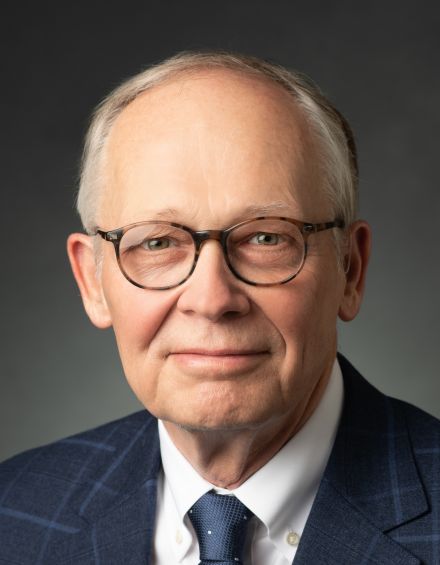
Dr. Mark Lundstrom
Senior Research Fellow
Don and Carol SciDistinguished Professor of Electrical and Computer Engineering, Purdue University
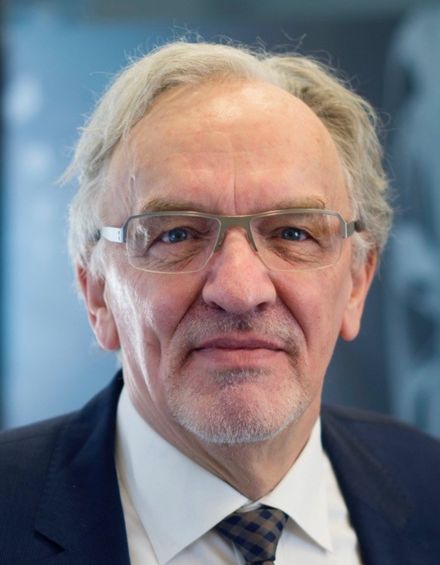
Dr. Jan-Anders Mansson
Senior Research Fellow
Distinguished Professor of Materials Engineering and Chemical Engineering, Purdue University
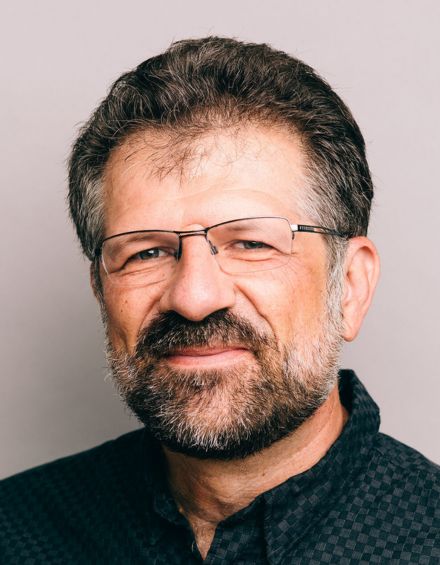
Dr. Sorin Matei
Senior Research Fellow
Professor and Associate Dean of Research of the College of Liberal Arts, Purdue University
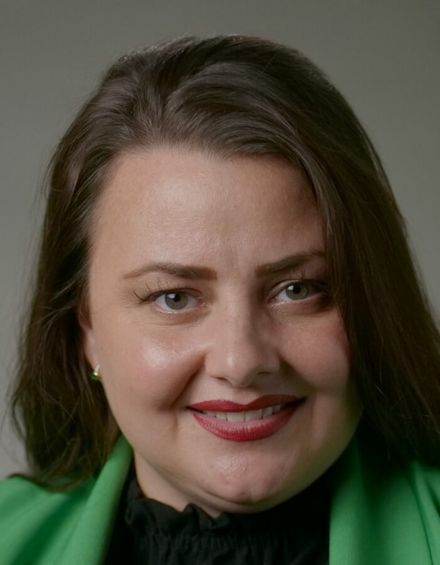
Dr. Haley Oliver
Senior Research Fellow
150th Anniversary Professor of Food Science, USAID Feed the Future Food Safety Innovation Lab Director, Purdue University
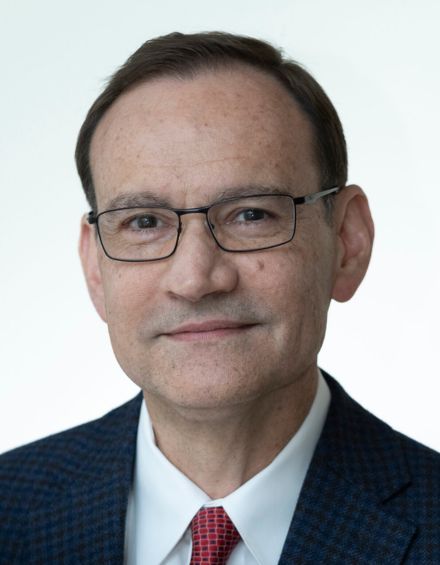
Dr. Fabio H. Ribeiro
Senior Research Fellow
W. Nicholas and Elizabeth H. Delgass Distinguished Professor in Chemical Engineering; Director of CISTAR
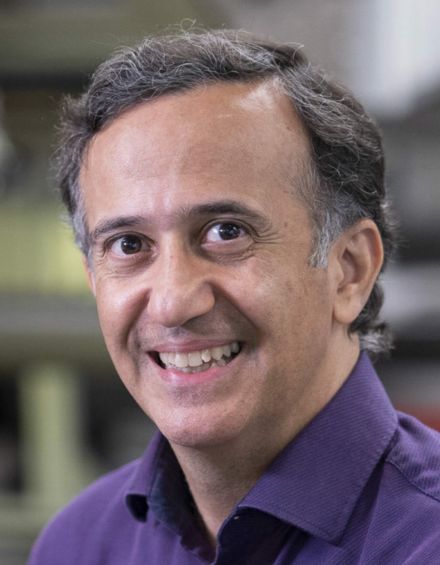
Dr. Ali Shakouri
Senior Research Fellow
Professor of Electrical and Computer Engineering, Purdue University
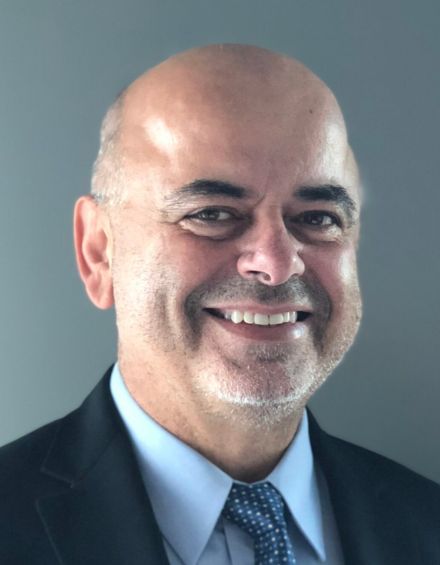
Lefteri Tsoukalas
Director, Applied Intelligent Systems Lab (AISL);
Technical Chair, Consortium for the Intelligent Management of the Electric Power Grid (CIMEG)
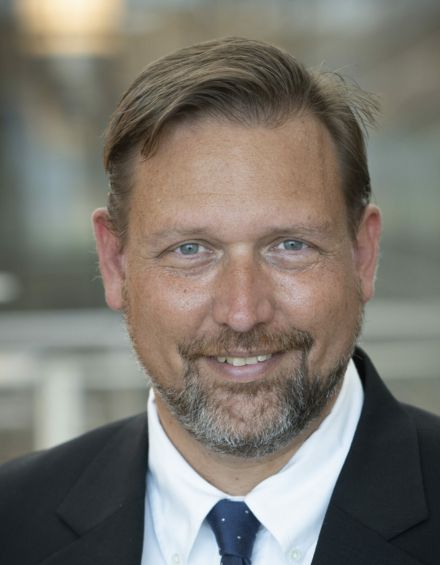
Dr. David Umulis
Senior Research Fellow
Dane A. Miller Head and Professor of the Weldon School of Biomedical Engineering and Director of the EMBRIO Institute, Purdue University
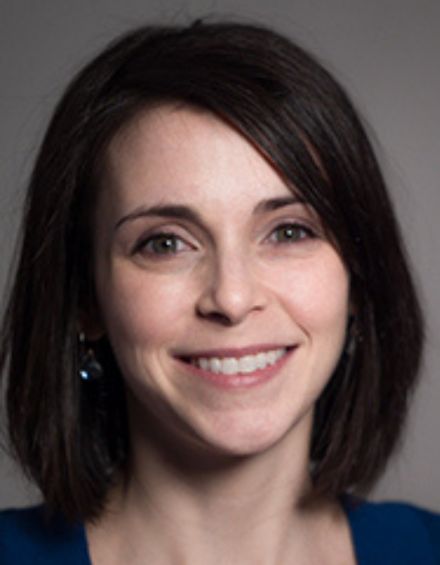
Dr. Dana Weinstein
Senior Research Fellow
Associate Dean of Graduate Education, CoE and Professor of Electrical and Computer Engineering
Senior Visiting Fellows
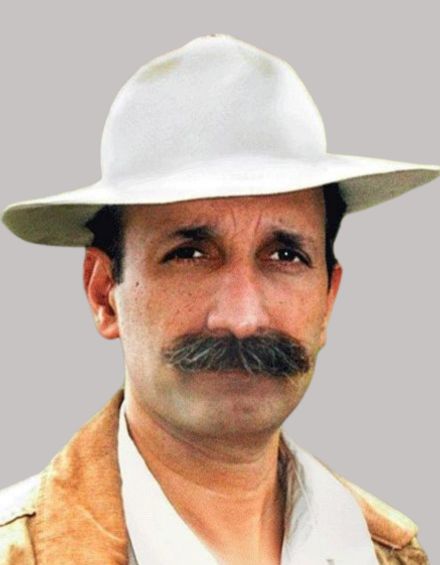
Dr. Kaush Arha
Senior Visiting Fellow
Former Senior Advisor for Strategic Engagement and Clear Choice Coordinator at the U.S. Agency for International Development
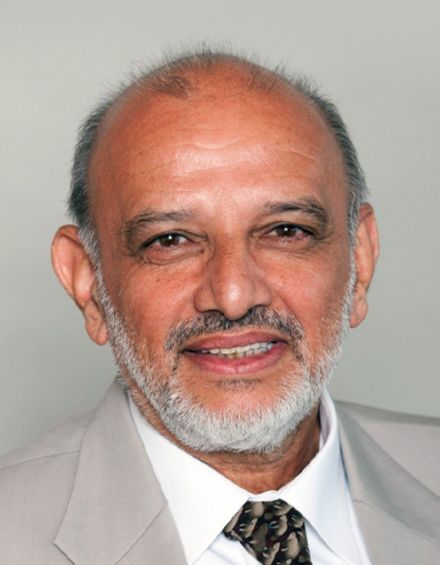
The Hon. Rajendra Abhyankar
Senior Visiting Fellow
Former Indian Ambassador to the European Union
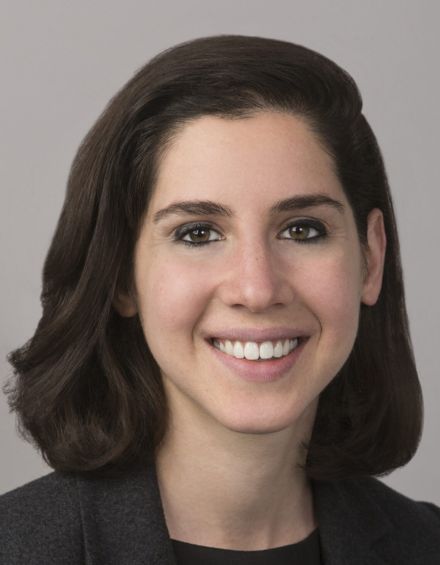
Emily de La Bruyère
Senior Visiting Fellow
Co-founder, Horizon Advisory
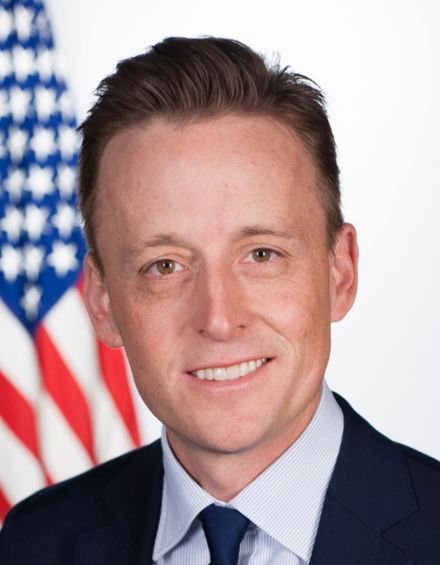
Sean Cairncross
Senior Visiting Fellow
Former Chief Executive Officer
Millennium Challenge Corporation
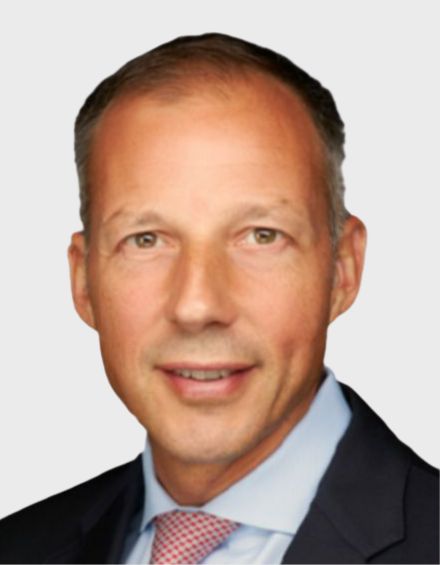
The Hon. Frank Fannon
Senior Visiting Fellow and Advisory Council Member
GTSC Commissioner for Clean Energy and Electrical Grids, Managing Director of Fannon Global Advisors and Former Assistant Secretary of State
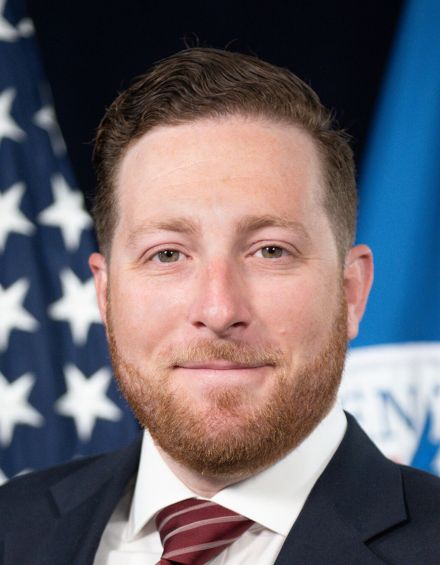
Scott Friedman
Senior Visiting Fellow
Former Senior Policy Advisor to the House Committee on Homeland Security
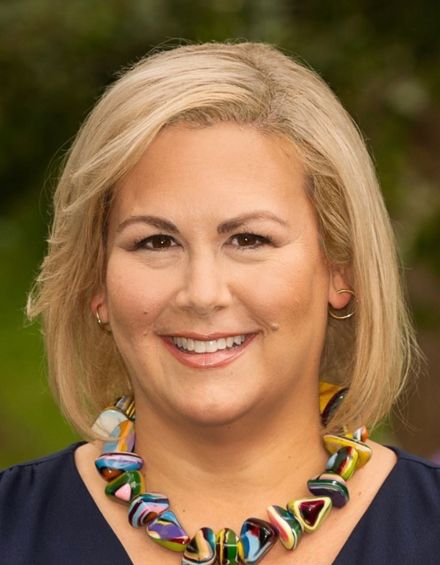
Simone Ledeen
Senior Visiting Fellow and Advisory Council Member for GTSC Defense
Managing Director at Vantage ROI and Former Deputy Assistant Secretary of Defense for the Middle East
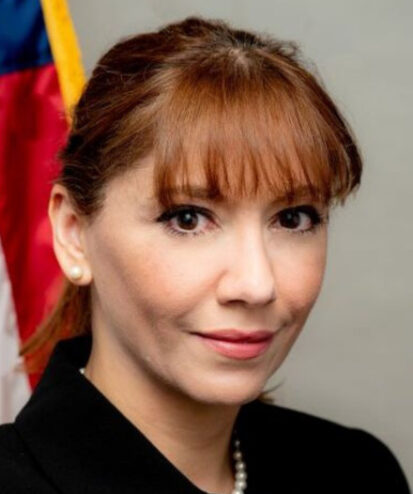
The Hon. Nazak Nikakhtar
Senior Visiting fellow and Advisory Council Member
GTSC Commissioner for Export Controls, Fmr Assistant Secretary of Commerce, Industry & Analysis, International Trade Administration
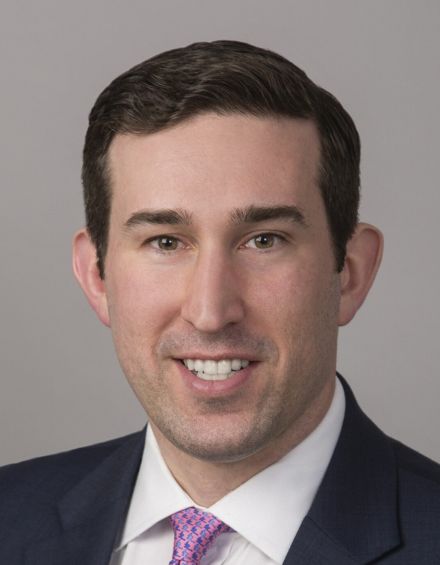
Nathan Picarsic
Senior Visiting Fellow
Co-founder, Horizon Advisory
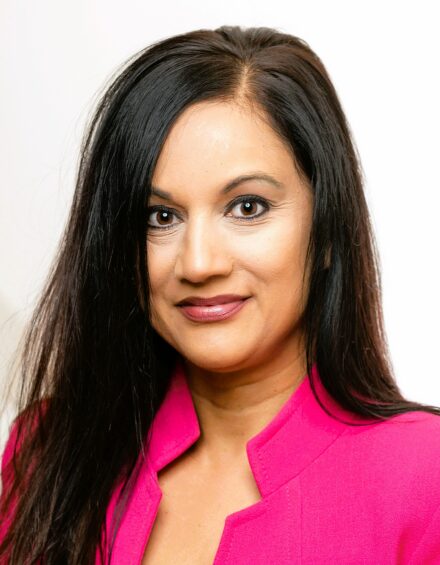
The Hon. Manisha Singh
Senior Fellow for Artificial Intelligence and National Security
Former Assistant Secretary of State
Senior Industry Fellows
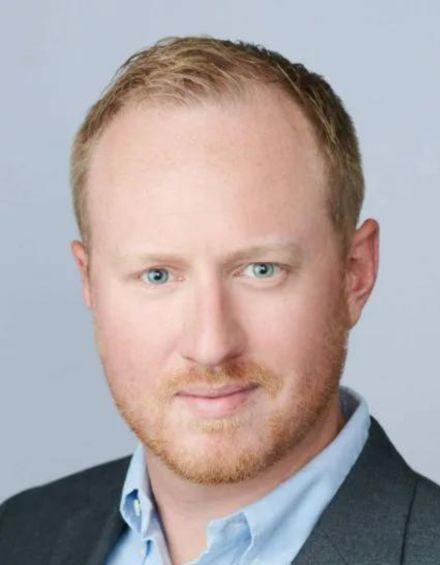
Robert Imig
Senior Industry Fellow and Advisory Council Member for GTSC Artificial Intelligence and Machine Learning
Senior Architect for R&D at Palantir Technologies, Director, AI/ML Palantir
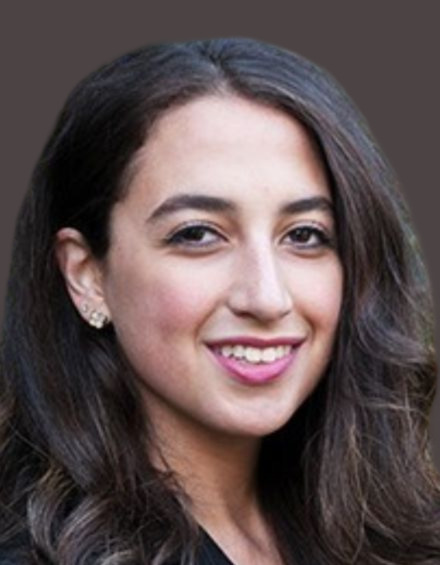
Eliora Katz
Senior Industry Fellow
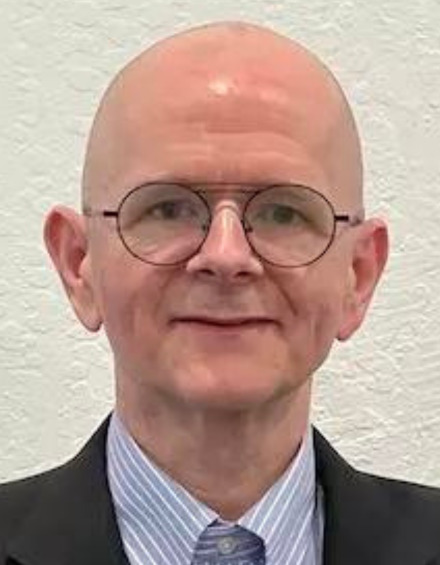
Dr. Ken Urquhart
Senior Industry Fellow
Global Vice President, 5G Strategy, Zscaler
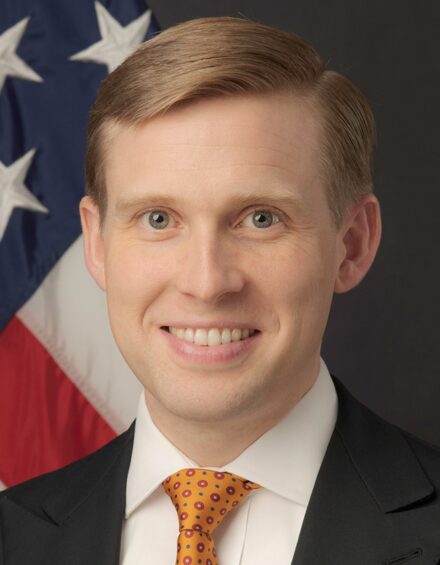
Drew Peterson
Applied Research Institute Fellow
Director of Geopolitical and Regulatory Risk, 2430 Group; Adjunct, University of Pittsburgh; Fmr. NSC Director for Africa
Research Fellow
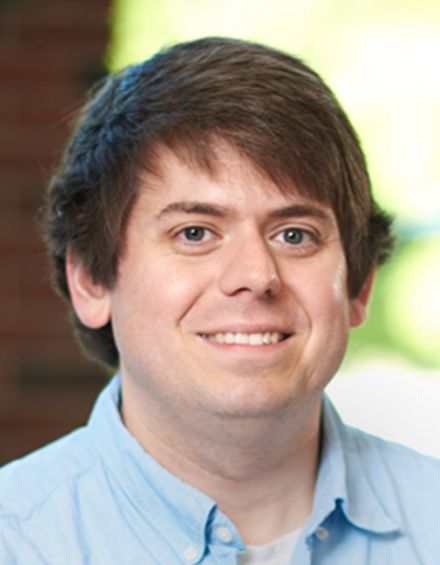
Christopher G. Brinton
Research Fellow
Assistant Professor of Electrical and Computer Engineering (ECE) at Purdue University
